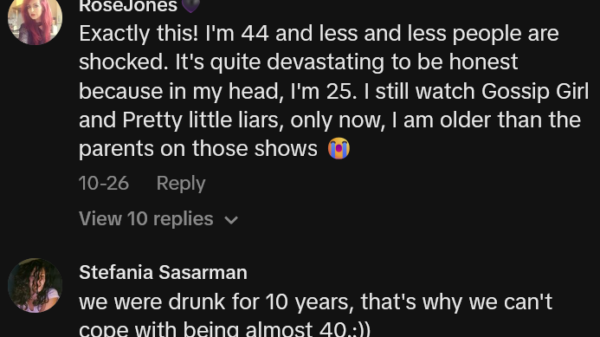URGENT UPDATE: New insights into Kurt Cobain’s frustrations with Nirvana’s serious public image have surfaced, revealing a shocking alternative title for the band’s iconic album, In Utero. As Nirvana prepared their third studio album in 1993, Cobain expressed his desire for a lighter approach, stating he was “tired of taking this band so seriously and everyone else taking it so seriously.”
This candid reflection on his mental state highlights the immense pressure Cobain faced as a frontman. In a twist, Cobain’s initially proposed album title was I Hate Myself and I Want To Die, a phrase that originated in his journals around 1992. Biographer Charles Cross noted this title was meant to be a darkly humorous jab at the serious perception of his persona, particularly after Nirvana’s explosive rise to fame with their groundbreaking 1991 album, Nevermind.
Despite the intended humor, Cobain’s bandmates, particularly Krist Novoselic, urged him to abandon the title due to concerns fans might misinterpret it as a genuine reflection of his mental health struggles. They briefly considered the working titles Verse Chorus Verse and Sappy before finally settling on In Utero, which was inspired by a poem written by Courtney Love.
Reflecting on this newly revealed title nearly 30 years later, the implications are profound. Cobain tragically took his own life just six months after the album’s release, leaving fans and analysts to ponder whether a less serious approach could have prompted greater awareness of his mental health needs. The haunting lyrics of In Utero oscillate between themes of death and rebirth, capturing the turmoil Cobain endured.
While the album features a mix of pop melodies and intense punk energy, it also serves as a stark reminder of Cobain’s battles with depression and addiction. The music industry in the early 1990s lacked adequate mental health resources, a reality that resonates even today.
As fans reflect on Nirvana’s legacy, it is essential to remember the band’s playful spirit amid Cobain’s struggles. The juxtaposition of lighthearted antics, such as a food fight at their own album release party, with the darkness of their lyrics paints a complex portrait of their artistry.
This newfound context around Cobain’s intended title invites deeper discussions about mental health awareness in the music industry. As we remember Cobain’s legacy, it is crucial to advocate for better resources and support for artists facing similar challenges today.
Stay tuned for more updates on this developing story as fans and experts analyze the impact of Cobain’s life and work.





































































